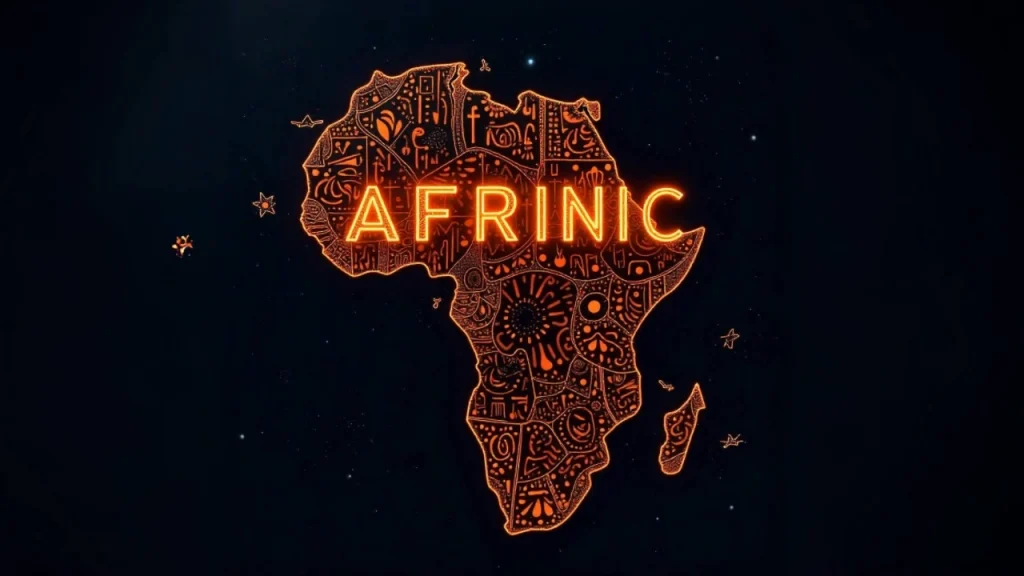- CAIGA’s governance model substitutes political endorsement and paid membership for traditional community ratification at AFRINIC.
- Observers call on ICANN to clarify whether it would support equivalent reforms in other regional registries, highlighting the potential global precedent.
AFRINIC governance under scrutiny
AFRINIC, Africa’s regional internet registry, has long operated on a bottom-up, community-driven model. Yet recent governance challenges, including disputed board elections and difficulties implementing internal reforms, have exposed vulnerabilities in the system and raised broader concerns about the continent’s digital infrastructure.
Amid this uncertainty, Smart Africa’s Continental Africa Internet Governance Architecture (CAIGA) has emerged, introducing governance mechanisms that bypass traditional community oversight. CAIGA establishes a paid membership structure that replaces open participation norms, allows the Smart Africa Heads of State Summit to endorse governance reforms if the membership does not adopt them, appoints a Permanent Secretary outside member oversight, and enables governments to make direct recommendations to AFRINIC’s board without following the established policy development process.
While African governments have legitimate sovereignty and coordination goals, Alice Munyua — a senior African internet governance expert — argues that these mechanisms risk substituting political authority for community ratification, potentially undermining the principles that have guided RIRs for decades.
Also read: Is ICANN dodging the AFRINIC community by supporting Smart Africa’s CAIGA?
Also read: ICANN’s role in AFRINIC elections faces scrutiny, claims of interference
ICANN’s role and global implications
Munyua also questions ICANN’s involvement, noting that the organization has funded and co-developed aspects of CAIGA without meaningful initiation from AFRINIC’s membership community. She asks whether ICANN would support equivalent intergovernmental restructuring in other regions, such as RIPE NCC in Europe, APNIC in Asia, or ARIN and LACNIC in the Americas.
The concern is not African governments’ participation per se, but that political direction is being allowed to replace bottom-up accountability, crossing a line that preserves global consistency across regional internet registries. Observers say ICANN’s clarification is now essential: whether it supports CAIGA’s approach and why. The answer will determine whether Africa can maintain both digital sovereignty and community-governed technical institutions, or whether the continent becomes a test case for a global shift toward politically mediated RIR governance.

